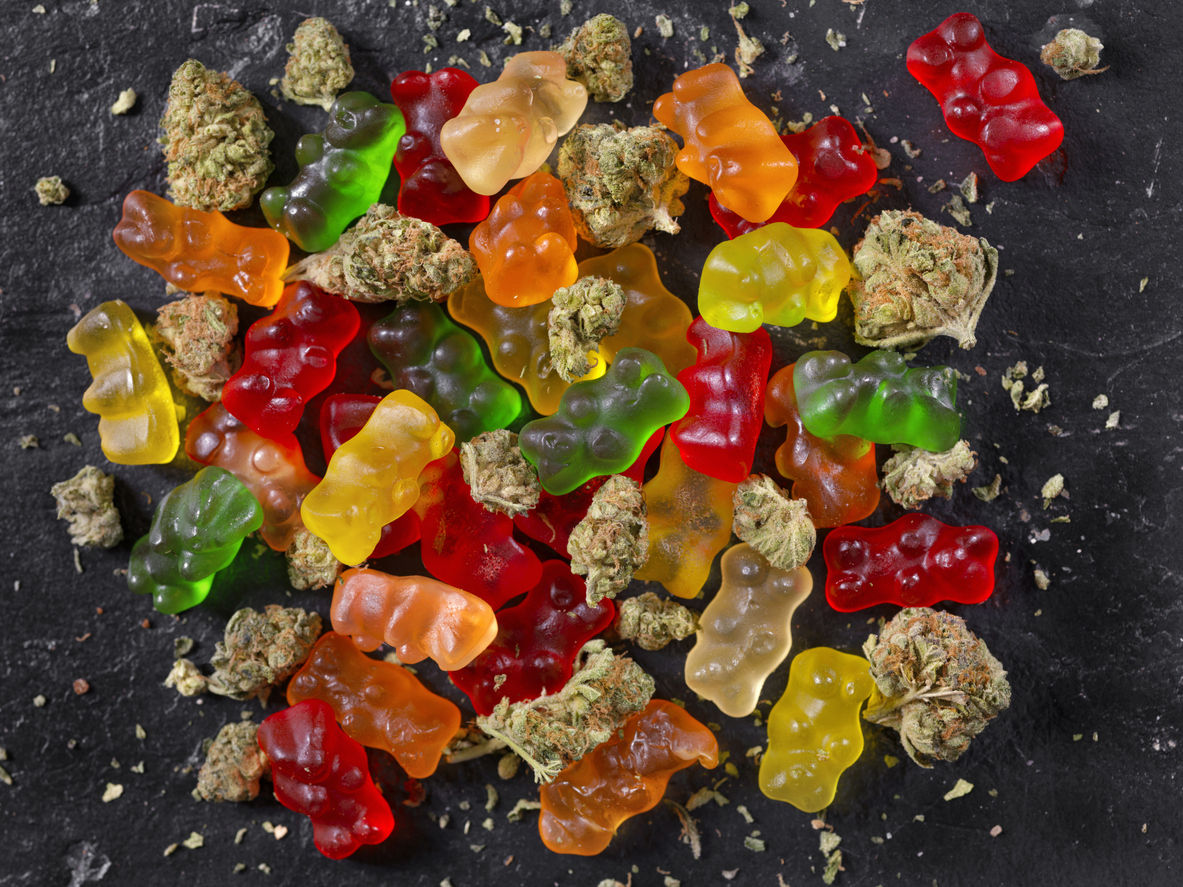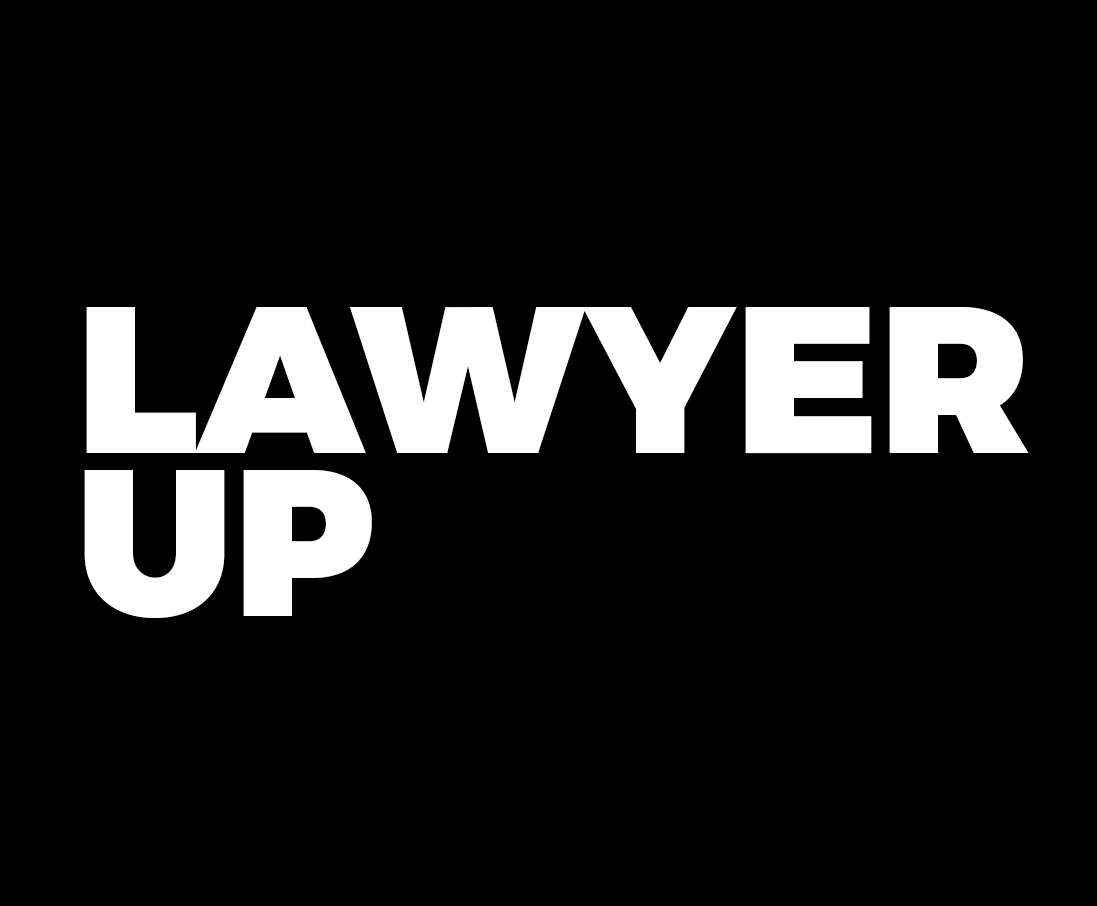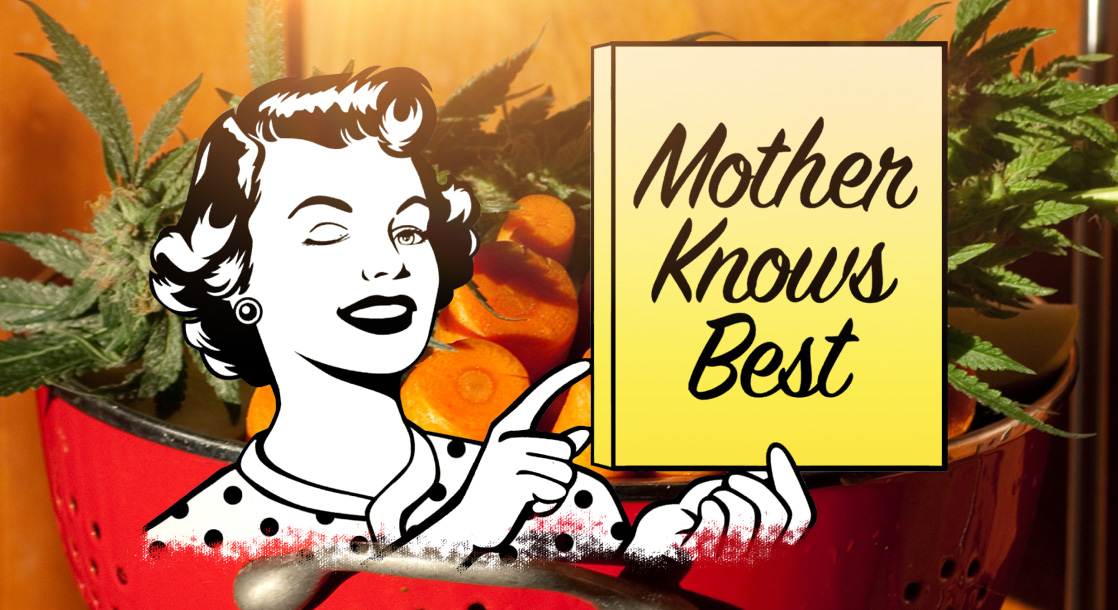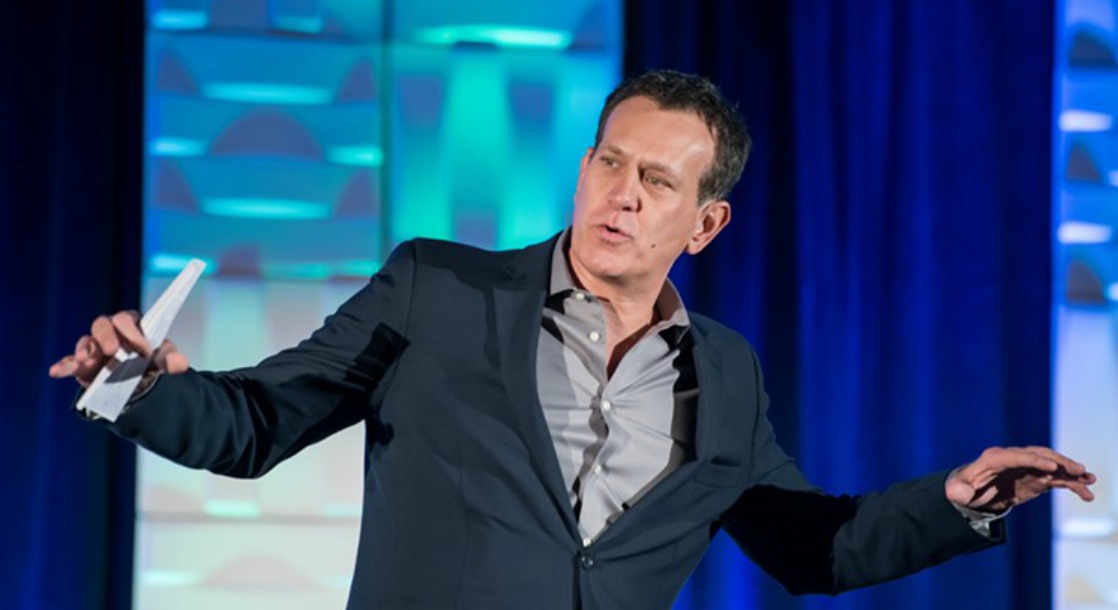Cover image via
Although Louisiana continues to prohibit adult-use cannabis, it may well become one of the only US states to allow hemp businesses to legally sell regulated delta-8-THC edibles.
Last week, the state Department of Health notified state-licensed hemp businesses that they are now eligible to register for licenses to produce cannabinoid-infused foods. MJBizDaily reports that health officials clarified that “this includes the addition of food products containing CBD and delta-8 (THC) products,” which is particularly surprising given that the rest of the country is scrambling to ban delta-8 and related hemp-derived cannabinoids.
Delta-8-THC, a close relative to the psychoactive delta-9-THC found in regular marijuana, is currently causing a serious controversy throughout most of the US. When the federal government legalized the production of industrial hemp and hemp-infused products at the start of 2019, they had no idea that scientists would be able to convert federally-legal CBD into intoxicating compounds like delta-8- and delta-10-THC. Federal and state regulations limit all legal hemp and infused products to a minimum of 0.3 percent delta-9-THC, but impose no limits on delta-8 or other THC isomers.
This legal loophole has allowed hemp businesses in nearly every state to produce a wide variety of delta-8 products, which have quickly become a hugely lucrative new market for hemp farmers and businesses. The sudden explosion of new products has triggered the DEA to classify delta-8 and similar forms of THC as Schedule I drugs, and at least 18 states have now banned these products.
Conservative states like Texas, South Carolina, and Alabama are hoping to stamp out these psychoactive products entirely and permanently, but hemp businesses in these states are planning to take the matter to court. And since delta-8 products are not covered under existing adult-use cannabis regulations, they remain entirely unregulated, prompting legal-weed states like Colorado, New York, and Oregon to also ban them for safety concerns.
But instead of just cracking down on delta-8 edibles, Louisiana is taking steps to legalize and regulate them immediately. This August, Governor John Bel Edwards signed a bill to update the state’s existing hemp laws, which only specifically allowed the production of “industrial hemp derived cannabidiol” (CBD). The new law changes CBD to “consumable hemp,” opening the door for licensed businesses to infuse any hemp-derived cannabinoid into food products.
In a recent memo, the state Office of Alcohol and Tobacco Control (ATC) explained that “the amended law defines consumable hemp as any product derived from industrial hemp that contains any cannabinoids and is intended for consumption or topical use. The amended law explicitly provides ATC regulatory authority over the retail and wholesale dealers of consumable hemp product. It also requires the Agency to investigate any report of a violation of consumable hemp law and report any criminal violation to the appropriate law enforcement agency.”
Louisiana’s decision to regulate delta-8-THC is the latest signal of the state’s slow but sure embrace of cannabis reform. Although the Pelican State continues to ban adult-use cannabis, Governor Edwards just signed a bill to decriminalize the possession of up to 14 grams of weed, removing the threat of prison time. The governor also recently signed a bill to expand the state’s modest medical marijuana industry, allowing the sale of smokable medical flower to begin next January.











